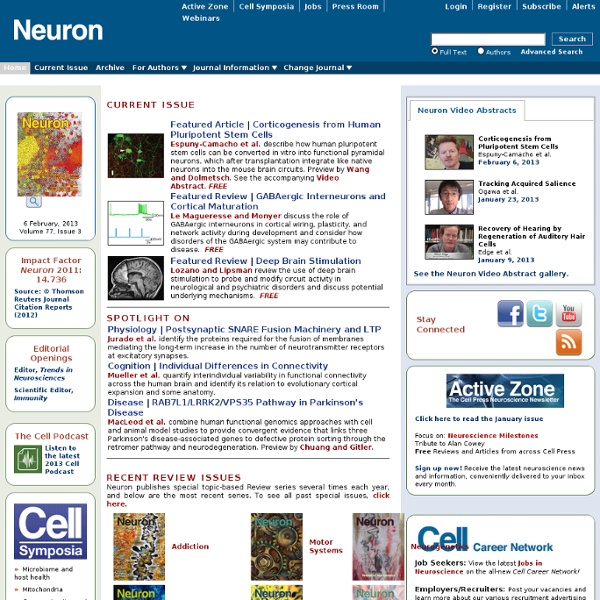



Schizophrenia Definition Schizophrenia is a chronic and severe mental disorder that affects how a person thinks, feels, and behaves. People with schizophrenia may seem like they have lost touch with reality. Although schizophrenia is not as common as other mental disorders, the symptoms can be very disabling. Signs and Symptoms Symptoms of schizophrenia usually start between ages 16 and 30. The symptoms of schizophrenia fall into three categories: positive, negative, and cognitive. Positive symptoms: “Positive” symptoms are psychotic behaviors not generally seen in healthy people. HallucinationsDelusionsThought disorders (unusual or dysfunctional ways of thinking)Movement disorders (agitated body movements) Negative symptoms: “Negative” symptoms are associated with disruptions to normal emotions and behaviors. “Flat affect” (reduced expression of emotions via facial expression or voice tone)Reduced feelings of pleasure in everyday lifeDifficulty beginning and sustaining activitiesReduced speaking
Nucleus Medical Media: Medical Video, Animation & Illustration ASBH Home Page Neuroscience Online: An Electronic Textbook for the Neurosciences | Department of Neurobiology and Anatomy - The University of Texas Medical School at Houston Welcome to Neuroscience Online, the Open-Access Neuroscience Electronic Textbook This online, interactive courseware for the study of neuroscience is provided by the Department of Neurobiology and Anatomy at The University of Texas Medical School at Houston. The project is being developed under the direction of the Department Chair and Editor, John H. This content is intended to function as an online multimedia resource, and therefore is not supported as a downloadable or printable text. You have reached this version of Neuroscience Online by using an iOS or mobile device. have content optimized for iOS devices, however, not all animations are in HTML5. Visit Neuroanatomy Online, our new open-access electronic laboratory designed to compliment Neuroscience Online. Section 2: Sensory Systems Section 3: Motor Systems Section 4: Homeostasis and Higher Brain Functions
Society for Science-Based Medicine Institute for Science in Medicine (ISM) Rudy's List of Archaic Medical Terms - Antiquus Morbus Home APA Format for Nursing School Books: Drug Guides, Care Plans & More After 20-plus pages of writing and hours of research, a student’s head may be a bit scrambled. Therefore, we created this list to help those in such predicaments. This page includes a list of resources commonly used by nursing students in school. Each reference is formatted in APA style and organized by reference type in order to make them easily accessible for academic compositions, school projects, nursing care plans, and other assignments. Care Plan/Nursing Diagnosis Books in APA Style Reference Page Citations Axton, S. & Fugate, T. (2008). In-Text Citations Drug Guides for Nurses in APA Style Hodgson, B., & Kizior, R. (2013). (Hodgson & Kizior, 2013)(Lippincott, 2013)(Spratto & Woods, 2012)(Valerand & Sanoski, 2013)(Wilson, Shannon, & Shields, 2013) Laboratory Manuals in APA Style Malarkey, E., M., & McMorrow, M. (Malarkey & McMorrow, 2009)(Pagana & Pagana, 2011(Tietz, 1995) Nursing Journal Examples in APA Style Reference Page Citations Landreneau, K., Lee, K., & Landreneau, M. (2010).
About Porphyria | American Porphyria Foundation Click on the bold blue text below or on a topic listed on the left side of the page to read more. Porphyria is not a single disease but a group of at least eight disorders that differ considerably from each other. A common feature in all porphyrias is the accumulation in the body of porphyrins or porphyrin precursors. Although these are normal body chemicals, they normally do not accumulate. The terms porphyrin and porphyria are derived from the Greek word porphyrus, meaning purple. The symptoms and treatment vary significantly from one type of Porphyria to the next. Porphyria symptoms arise mostly from effects on either the nervous system or the skin. The porphyrias are rare diseases. EPP is the most common porphyria in childhood, and the one associated with the longest delays in diagnosis. This section of our website includes basic information about symptoms, diagnosis and treatment of the eight types of Porphyria. Important Update - Click to view
National Library of Medicine - National Institutes of Health JMIR-Journal of Medical Internet Research